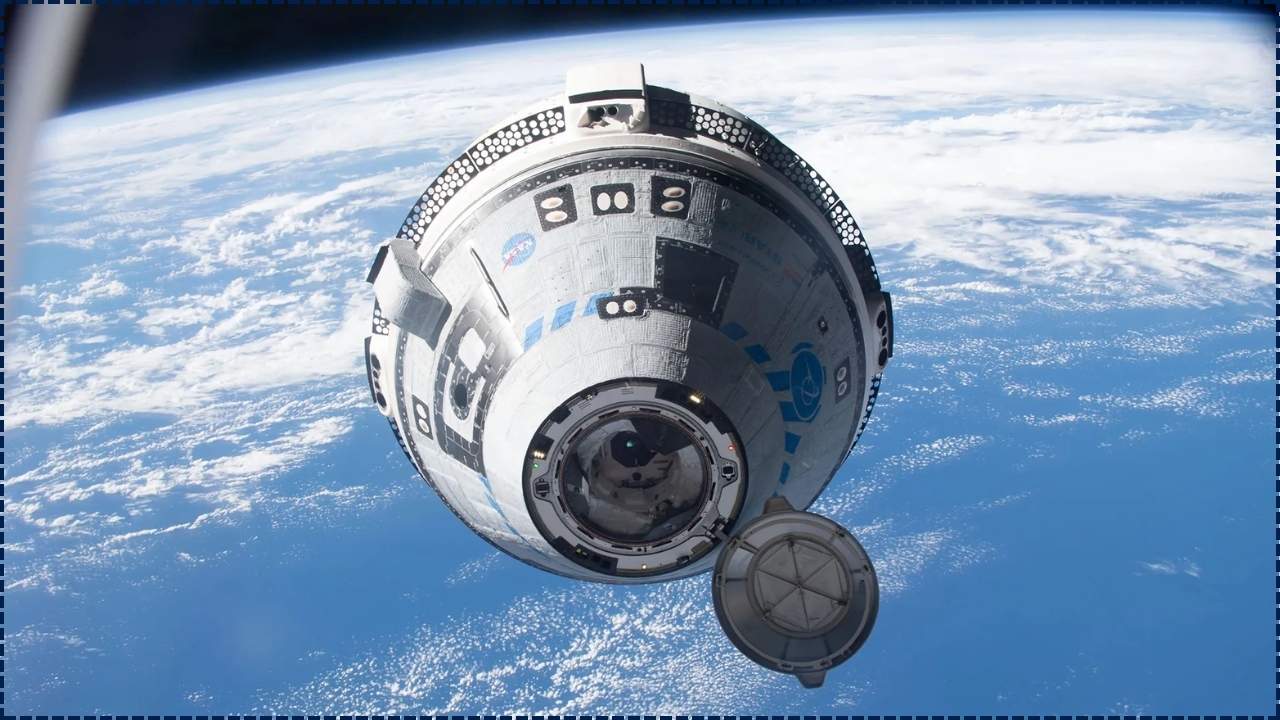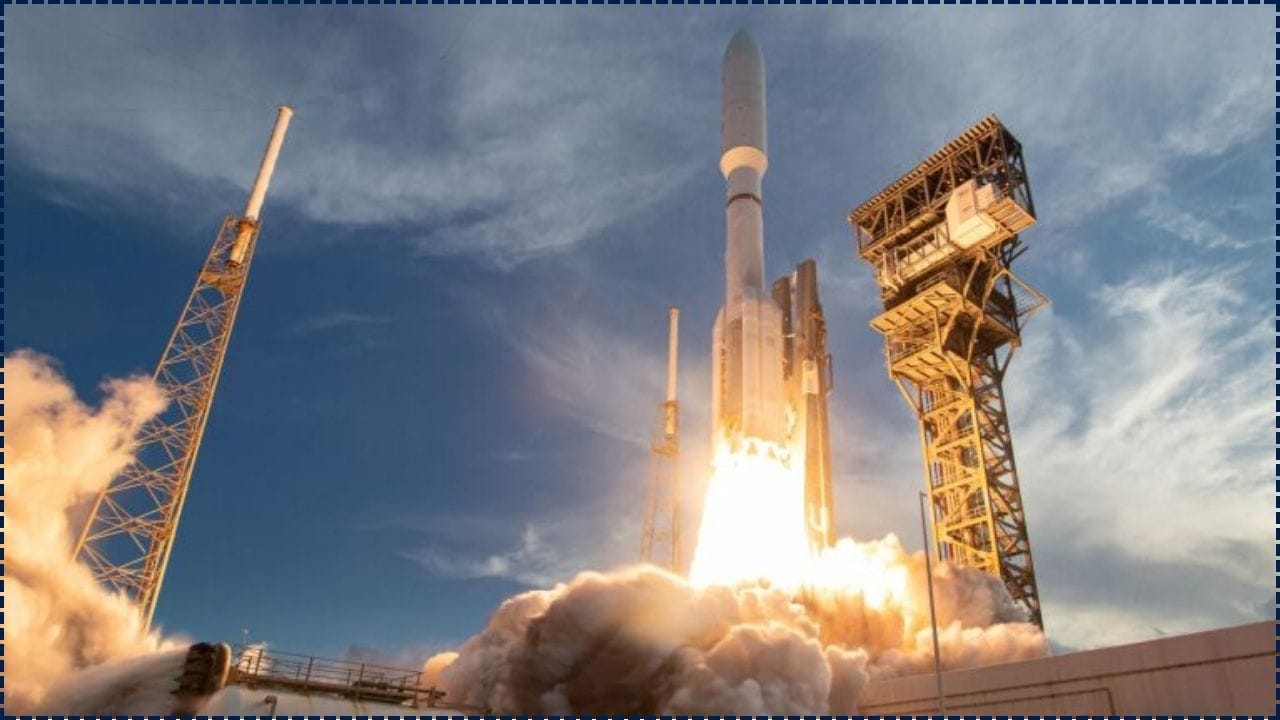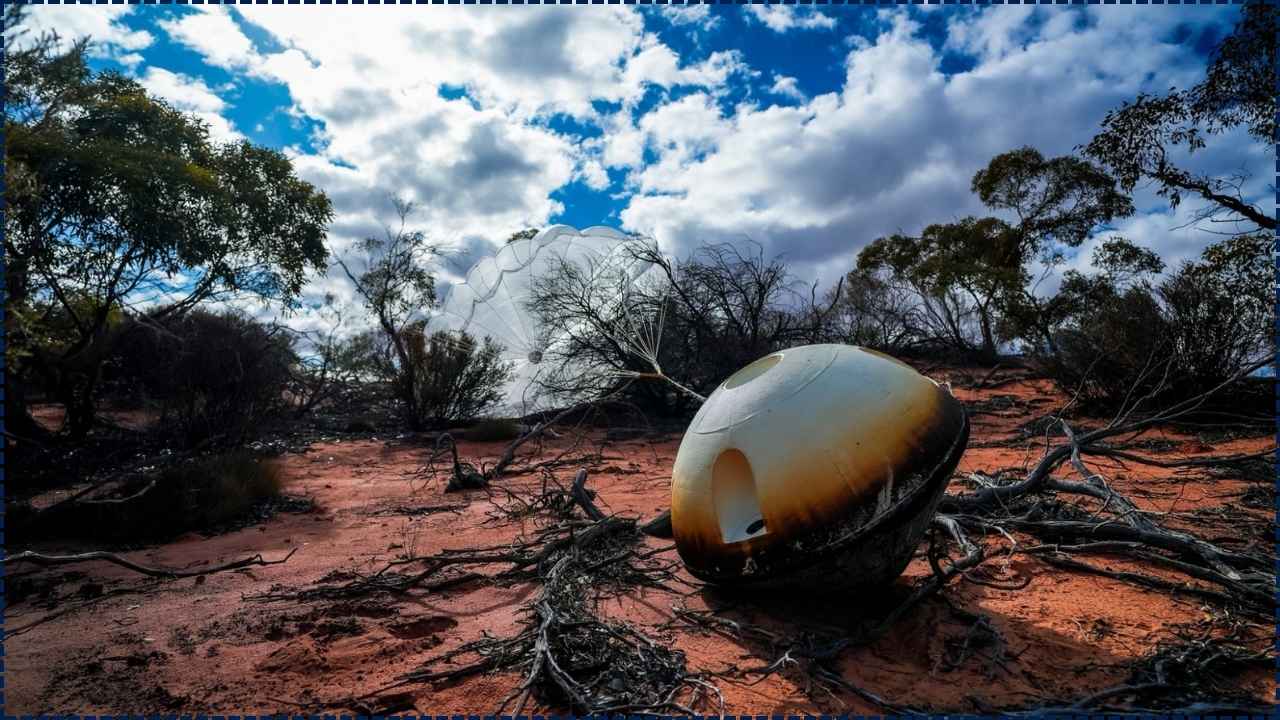Science
No Shelters, No Basements: Science Reveals Exactly How Many Meters You Need to Survive a Nuclear Explosion!
Surviving a nuclear explosion depends on shelter depth, construction materials, and essential supplies. For basic protection, a shelter should be at least 3 meters (10 feet) underground, with deeper shelters (6 to 9 meters) providing enhanced safety. Proper materials like concrete, steel, and lead are key, and stocking your shelter with water, food, and air filtration systems is crucial for long-term survival. Preparing for a nuclear event ensures you’ll have a fighting chance.
Earth’s Day Is Shrinking: Why the Shortest 24 Hours in History Could Be Just Weeks Away!
Earth is spinning faster than ever before, leading to shorter days. Scientists have predicted that days in 2025 could be 1.5 milliseconds shorter than usual, marking a trend toward the shortest 24-hour periods ever recorded. While the changes don’t affect daily life, they could have significant implications for timekeeping systems, satellite launches, and space exploration. As Earth’s rotation accelerates, we may see the introduction of a negative leap second to keep our global clocks in sync.
Tensions Rise: The Hidden Relationship Between Trump, Musk, NASA, and SpaceX Could Threaten National Security
The escalating feud between Trump and Musk has placed U.S. space operations in jeopardy, particularly in terms of national security and NASA’s space exploration efforts. With SpaceX at the core of U.S. missions, any disruption could cripple the military and NASA’s goals for the Moon and Mars. Diversifying space partnerships and strengthening public-private collaboration are key to securing the U.S. space future.
NASA’s Deep Space Missions May Be Delayed by Upcoming Federal Budget Cuts
NASA’s deep space missions may face delays due to proposed budget cuts, which could affect Mars exploration, Venus studies, and the Roman Space Telescope. Although human spaceflight receives priority, scientific research could be sidelined. Learn how these cuts could harm NASA’s critical missions and what actions you can take to advocate for continued funding and support for space exploration. Join the movement to protect NASA’s future.
Earth’s First Rocks Formed Over 4 Billion Years Ago—Here’s What They Reveal About Our Planet’s Origins
Earth’s oldest known rocks—dated at 4.16 billion years—were discovered in Quebec, Canada. These formations provide rare insight into Earth’s early crust, ocean formation, and atmospheric development. Scientists used advanced radiometric dating to confirm their age, shedding light on planetary evolution and the possibility of life-supporting conditions earlier than believed. Ideal for educators, geology pros, and curious readers alike, this discovery redefines our understanding of Earth’s origins.
Before Dinosaurs Ruled the Land, These Ancient Ocean Predators Dominated the Earth
Long before dinosaurs walked the Earth, ancient ocean predators like Dunkleosteus and Mosasaurus ruled the seas. These terrifying creatures were the apex predators of their time, with extraordinary adaptations that made them formidable hunters. Learn about the creatures that dominated the oceans long before the dinosaurs and discover their lasting impact on marine ecosystems.
Amazon’s Kuiper Satellites Just Took Off—Is Starlink About to Lose Its Lead in the Space Internet Race?
Amazon’s Kuiper satellites have officially launched, setting the stage for a fierce battle with SpaceX’s Starlink for satellite internet dominance. With plans to deploy over 3,200 satellites, Project Kuiper aims to provide high-speed internet to underserved areas, challenging Starlink’s market leadership. As both companies expand their satellite networks, consumers and global markets can expect better services, lower prices, and faster internet.
Physicists Are Still Grappling With a Big Question About the Universe’s Fundamental Nature
In 2025, physicists are still grappling with fundamental questions about the universe’s true nature. Despite advancements in quantum mechanics and dark energy studies, mysteries remain. Tools like the James Webb Space Telescope and quantum computers are helping scientists uncover these secrets, but the answers continue to challenge both our scientific and philosophical understanding of reality.
Rare Earth Minerals Are Everywhere — So Why Are They Still Considered a Global Challenge?
Rare earth elements (REEs) are vital to modern technology, but their extraction and supply are fraught with challenges. From geopolitical risks to environmental damage and recycling difficulties, REEs are more complex than they first appear. Efforts by countries like the U.S. and India to secure a steady supply and innovate in recycling technologies are key to addressing the global rare earth challenge.
Space Capsule Carrying Human Remains Lost After Ocean Crash Landing
A space capsule carrying human remains tragically crashed into the Pacific Ocean during reentry due to a parachute failure. The mission, meant to honor over 160 individuals by sending their ashes into space, highlights the risks of commercial spaceflights. This incident serves as a catalyst for the space industry to refine its safety protocols and ensure more reliable missions in the future.

















